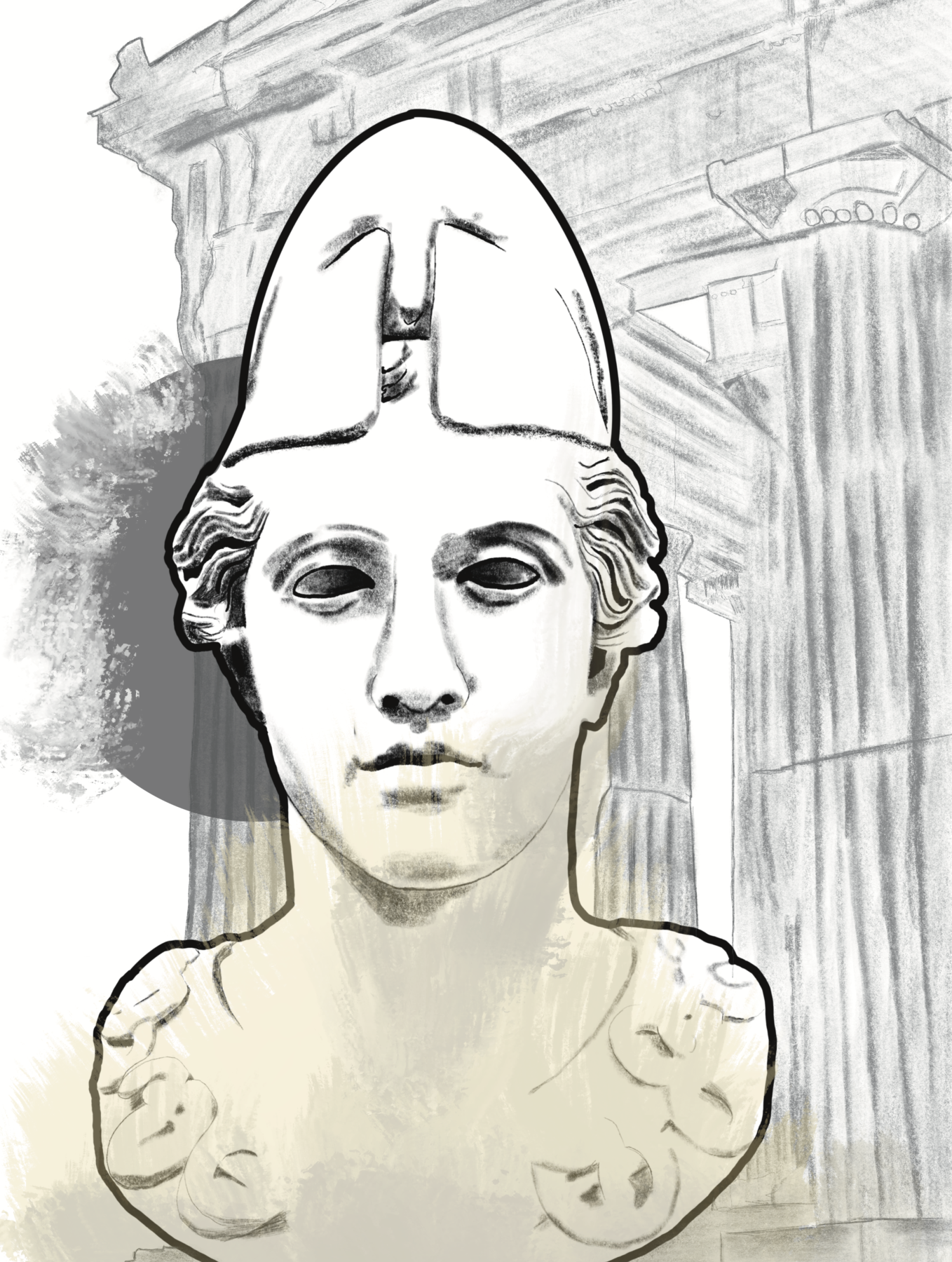The Roman Knight stands as a symbol of bravery, chivalry, and unwavering dedication to the ideals of ancient Rome. Clad in gleaming armor and wielding formidable weapons, these valiant warriors served as the epitome of strength and discipline in the Roman Empire. In this article, we delve into the captivating history of a Roman Knight, exploring their training, role in society, and the legacy they left behind as paragons of honor and valor.
The Training of a Roman Knight:
To become a Roman Knight, a young man would embark on a rigorous journey of training and discipline. Starting as a member of the Roman youth, he would undergo physical and military education to prepare for a life of service to the state. The young aspirant would learn the art of combat, swordsmanship, horsemanship, and strategy under the guidance of experienced warriors and military leaders.
Upon reaching maturity, the aspiring knight would take an oath of loyalty to the Roman Empire and be bestowed with armor and weaponry, signifying his official status as a Roman Knight. This transformation marked the culmination of years of dedication and hard work.
The Role of a Roman Knight:
In the Roman Empire, the role of a knight was multifaceted. While they were skilled warriors, their responsibilities extended beyond the battlefield. Roman Knights served as guardians of law and order, maintaining peace and ensuring the safety of Roman citizens. They also held key administrative positions in the government, assisting in matters of governance and law enforcement.
In times of war, Roman Knights would form the core of the Roman cavalry, renowned for their swift maneuvers and strategic prowess. Their presence on the battlefield instilled fear in the hearts of their adversaries and bolstered the morale of their fellow soldiers.
The Legacy of a Roman Knight:
The legacy of a Roman Knight endures through history, serving as an inspiration for countless tales of valor and heroism. Their unwavering loyalty to the ideals of the Roman Empire and their commitment to upholding justice and honor have immortalized them in the annals of time.
The spirit of the Roman Knight has also influenced the concept of chivalry in medieval Europe, where knights would draw inspiration from their Roman counterparts’ virtues of courage, loyalty, and nobility.
